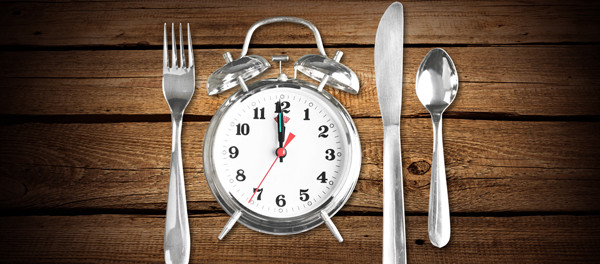11 Myths About Fasting and Meal Frequency

This is an eating pattern that cycles between periods of fasting and eating.
However, there are still all sorts of myths surrounding this topic.
This article debunks the 11 most common myths about fasting, snacking and meal frequency.
1. Skipping Breakfast Will Make You Fat
“Breakfast is the most important meal of the day.”
There is an ongoing myth that there is something “special” about breakfast.
People believe that breakfast skipping leads to excessive hunger, cravings and weight gain.
Although many observational studies have found statistical links between breakfast skipping and overweight/obesity, this may be explained by the fact that the stereotypical breakfast skipper is less health-conscious overall.
Interestingly, this matter was recently settled in a randomized controlled trial, which is the gold standard of science.
This study was published in 2014 and compared eating breakfast vs skipping breakfast in 283 overweight and obese adults.
After a 16-week study period, there was no difference in weight between groups.
This study shows that it doesn’t make any difference for weight loss whether you eat or don’t eat breakfast, although there may be some individual variability.
However, there are some studies showing that children and teenagers who eat breakfast tend to perform better at school.
There are also studies on people who have succeeded with losing weight in the long term, showing that they tend to eat breakfast.
This is one of those things that varies between individuals. Breakfast is beneficial for some people, but not others. It is not essential and there is nothing “magical” about it.
Bottom Line: Eating breakfast can have benefits for many people, but it is not essential. Controlled trials do not show any difference between eating and skipping breakfast for the purpose of weight loss.














Leave a comment
You must be logged in to post a comment.